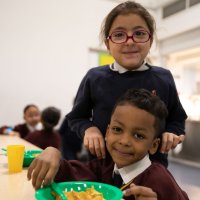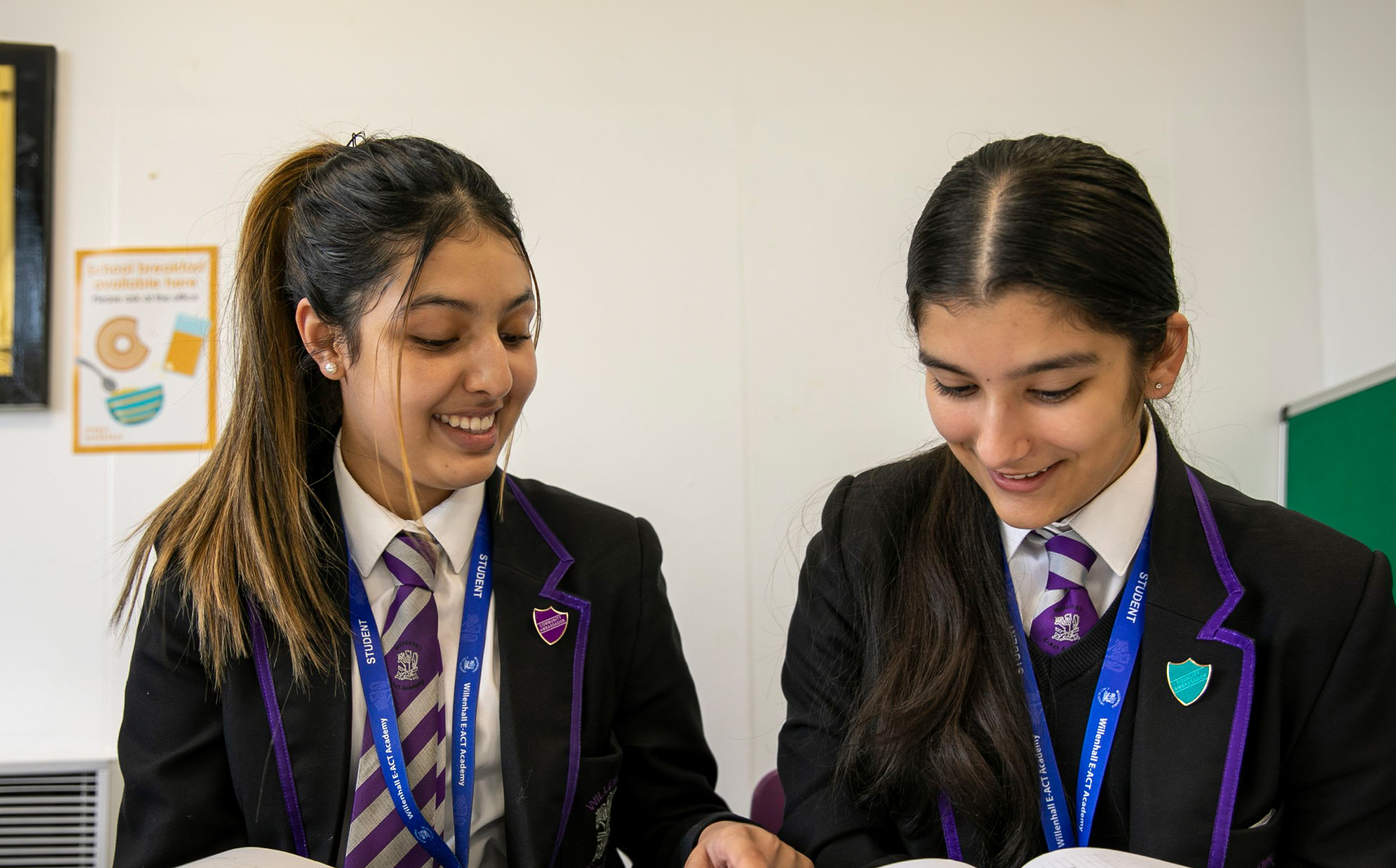Welcome to the latest in news and views from Magic Breakfast. Hear from our in-house experts as we all battle to end child morning hunger once and for all.
-
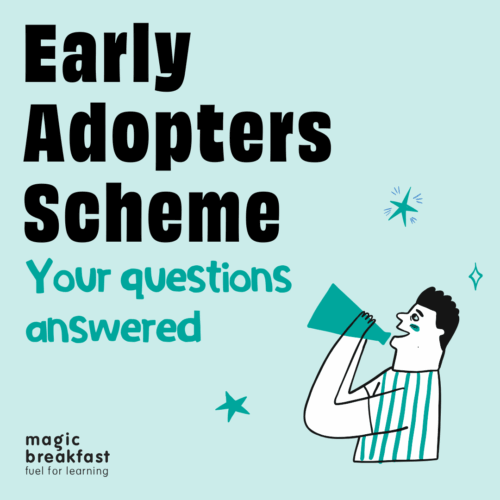 Policy
PolicyYour questions answered on the Government’s breakfast scheme
-
 News
NewsLooking to the 2025/26 Programme for Government: Another chance for Young Scots
-
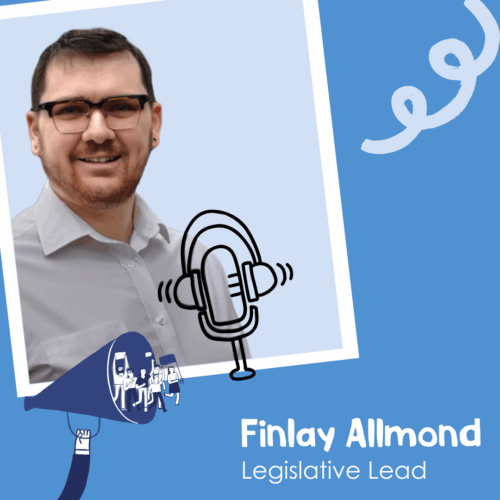 News
NewsMagic Breakfast on BBC Newcastle
-
 News
NewsCycle from London to Brighton and raise money for Magic Breakfast!
-
 News
NewsMore children are living in poverty than seen in the last 30 years
-
 News
NewsKellie Bright’s school breakfast visit!
-
 News
NewsEarly Adopters Scheme begins
-
 News
NewsIntroducing our new Director of Finance and Technology!
-
 Partner Spotlight
Partner SpotlightQuaker Partner Spotlight
-
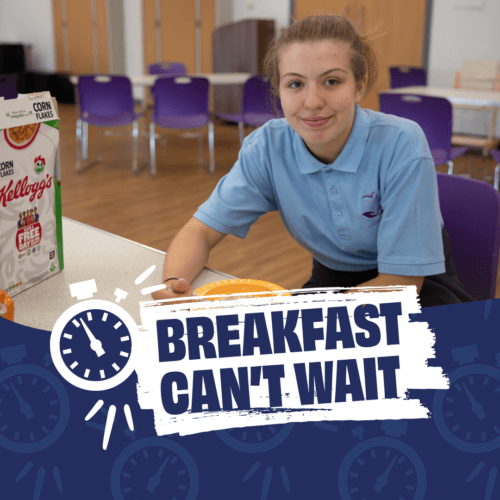 Campaigns
CampaignsEverything you need to know about breakfasts in Scotland
-
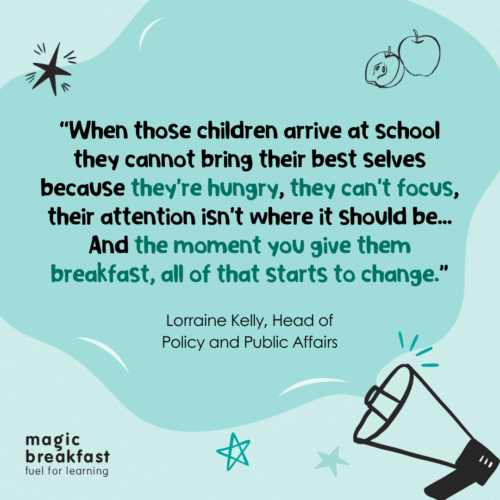 News
NewsWe spoke to Netmums about the work we do to end child morning hunger
-
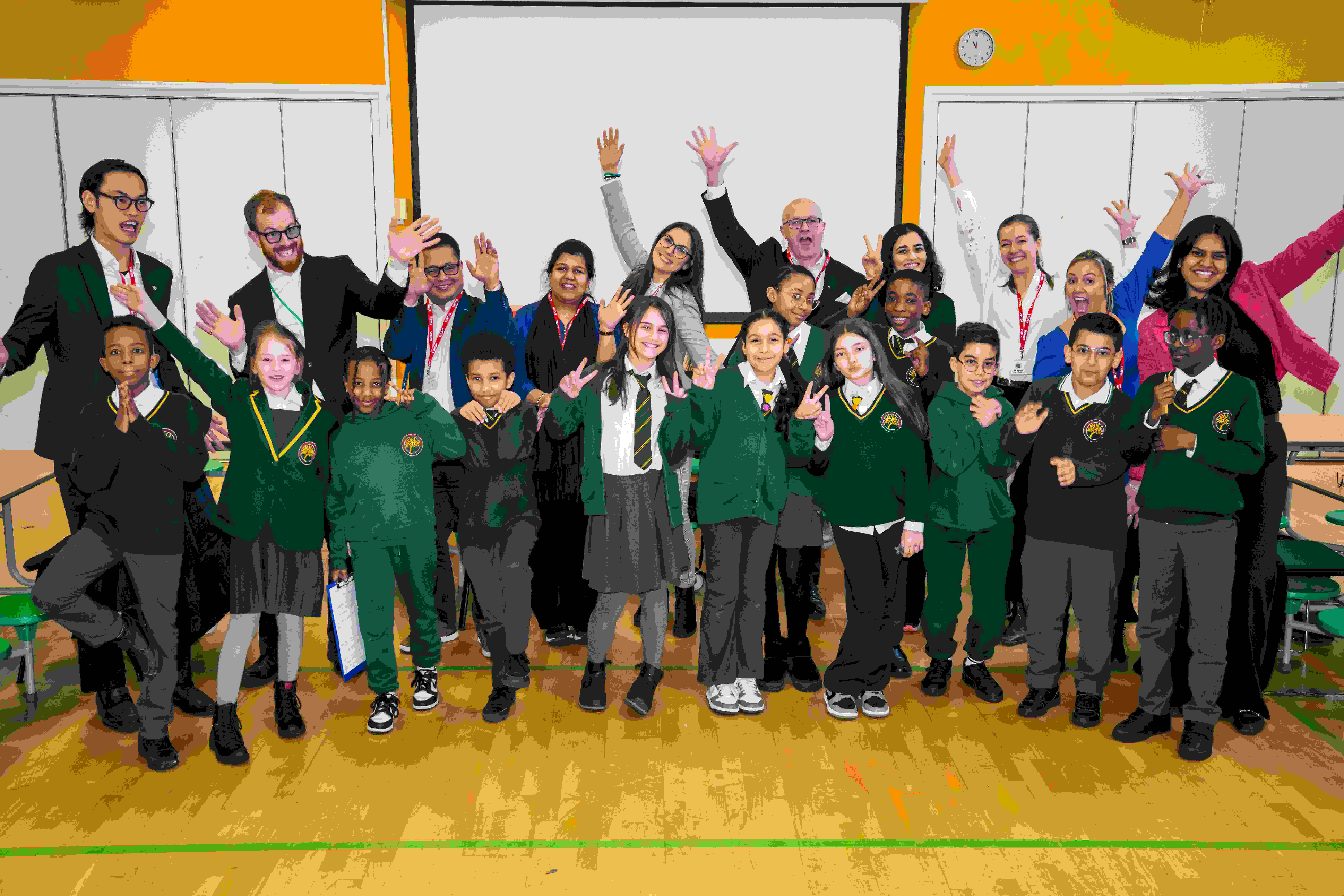 News
NewsCelebrating one year of partnership with Marriott!
